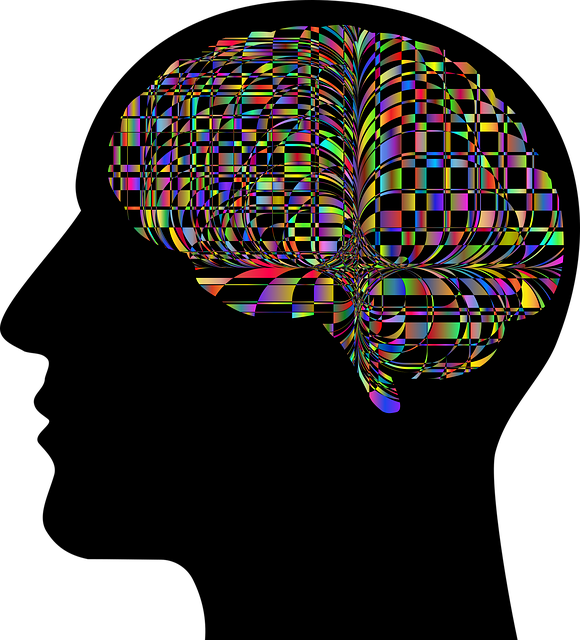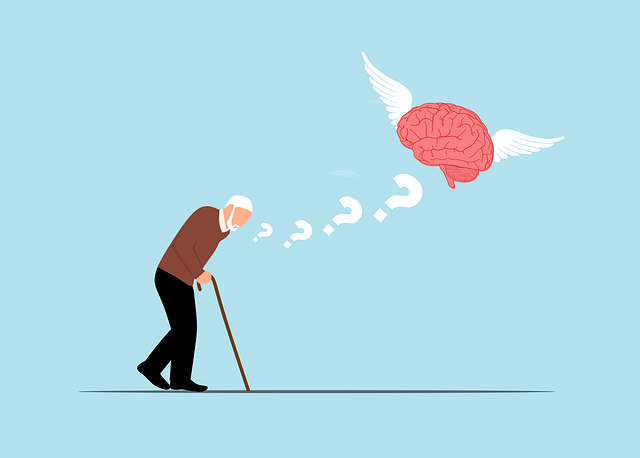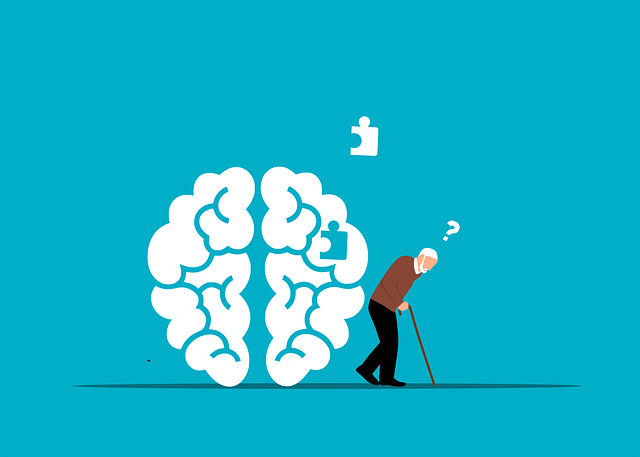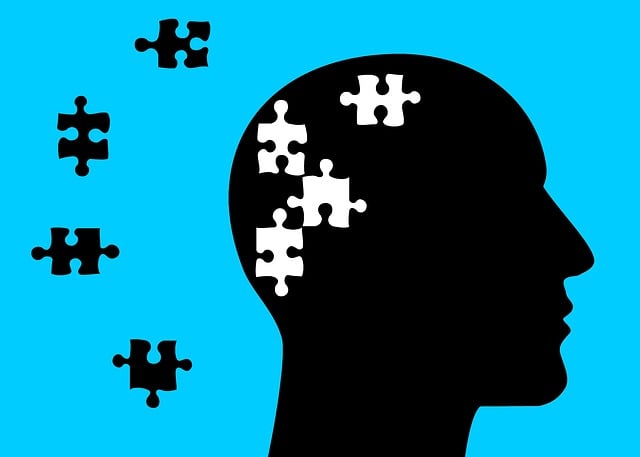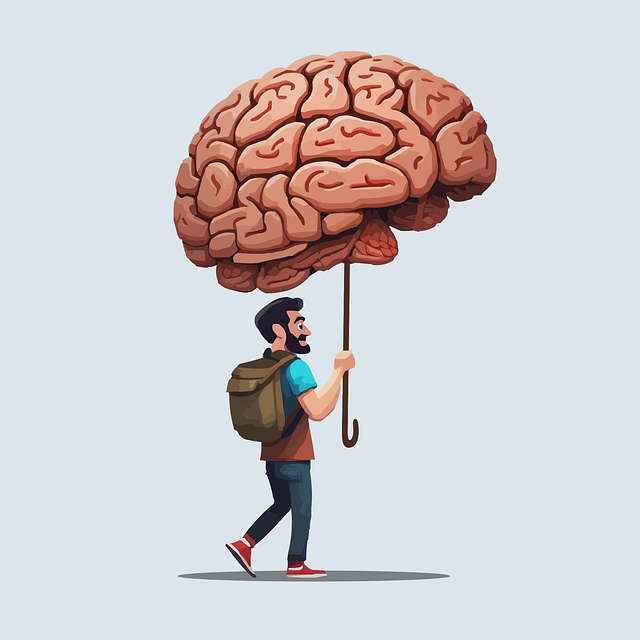Mental health professionals delivering Superior ADD-ADHD Therapy must navigate complex emotional risks by assessing client histories, implementing robust self-care routines, and setting clear boundaries. Effective risk management involves continuous monitoring, cultural sensitivity, and integrating mindfulness techniques to prevent burnout and enhance patient outcomes. Regular policy analysis ensures practices align with research and guidelines, fostering trust and open dialogue through inclusive safety protocols.
Mental health professionals, particularly those specializing in ADD/ADHD therapy, face unique risks in their practice. Effective risk management planning is essential for maintaining a safe and nurturing environment for clients. This article guides you through understanding and mitigating these risks. We explore potential hazards specific to ADD/ADHD therapists, stress the importance of comprehensive risk plans, and offer strategies for client safety. By implementing these practices, mental health professionals can ensure superior ADD-ADHD therapy outcomes while minimizing potential threats.
- Understanding Risk in Mental Health Practice
- Identifying Potential Hazards for ADD/ADHD Therapists
- Developing a Comprehensive Risk Management Plan
- Implementing Safety Strategies for Client Care
- Continuous Monitoring and Improvement
Understanding Risk in Mental Health Practice

Understanding risk in mental health practice is a cornerstone of effective patient care and superior ADD-ADHD therapy. Unlike physical injuries, emotional and psychological risks can be subtle and complex, making them challenging to assess. Mental health professionals must navigate through intricate factors such as past trauma, family dynamics, social support systems, and co-occurring disorders when evaluating risk. A comprehensive risk assessment for mental health professionals involves careful consideration of both the client’s current state and potential triggers that could escalate symptoms or lead to harmful behaviors.
Implementing robust self-care routine development for better mental health is not just a personal choice; it’s a professional imperative. Mental health practitioners are often exposed to intense emotions and challenging narratives, making emotional healing processes a vital component of their own well-being. By prioritizing self-care, professionals can maintain resilience, enhance their ability to support clients effectively, and ensure they can provide superior ADD-ADHD therapy without burning out.
Identifying Potential Hazards for ADD/ADHD Therapists

Mental health professionals specializing in ADD/ADHD therapy face unique challenges that can impact their well-being and practice quality. Identifying potential hazards is a critical step in risk management planning, enabling therapists to proactively mitigate risks and deliver superior ADD-ADHD therapy. One significant hazard arises from intense emotional interactions with clients. The dynamic nature of these sessions, while crucial for effective treatment, can also lead to emotional fatigue and burnout if not managed properly.
Implementing robust self-care practices and incorporating mindfulness meditation techniques are essential tools in mitigating this risk. Regular breaks, setting clear boundaries between work and personal life, and engaging in activities that promote emotional healing processes help therapists maintain a healthy balance. By prioritizing their own well-being, professionals can ensure they remain present, engaged, and effective in supporting their clients’ journeys towards better mental health outcomes.
Developing a Comprehensive Risk Management Plan

In the realm of mental health care, providing superior ADD-ADHD therapy necessitates a robust framework for risk management. Effective risk mitigation strategies are pivotal to safeguarding both clients and practitioners, fostering an environment conducive to emotional healing processes. A comprehensive risk management plan is not merely a document but an evolving strategy tailored to address unique challenges within the field. This involves meticulous assessment of potential risks associated with various therapeutic approaches, client backgrounds, and environmental factors.
By integrating mental wellness coaching programs development into their risk management strategies, mental health professionals can proactively enhance patient outcomes. Such programs, designed to support both clients and practitioners, cater to individual needs while promoting holistic mental wellness. Moreover, engaging in regular mental health policy analysis and advocacy ensures that risk management practices align with the latest research and legislative guidelines, ultimately bolstering the integrity of care provided.
Implementing Safety Strategies for Client Care

Implementing effective safety strategies is paramount for mental health professionals to ensure optimal client care, especially when treating individuals with ADD/ADHD. Superior ADD-ADHD therapy requires tailored approaches that consider each client’s unique needs and challenges. Safety plans should be comprehensive, encompassing not only crisis intervention but also structured support systems, regular communication, and clear boundaries. These strategies promote a secure environment, fostering trust and encouraging open dialogue.
Cultural sensitivity in mental healthcare practice plays a pivotal role in designing safety protocols. Mental health professionals must be adept at navigating diverse cultural contexts to provide culturally competent care. This involves understanding and respecting clients’ backgrounds, beliefs, and values, ensuring that safety measures are inclusive and sensitive to potential ethical or cultural considerations. By integrating these aspects into risk management planning, mental wellness can be effectively supported, aligned with the latest mental health policy analysis and advocacy trends.
Continuous Monitoring and Improvement

Mental health professionals must adopt a continuous monitoring and improvement approach to enhance their risk management strategies. This involves regularly reviewing and updating treatment plans based on patient outcomes and feedback. By closely tracking the effectiveness of interventions, such as Superior ADD-ADHD Therapy techniques, practitioners can identify areas for enhancement and tailor their practices to meet individual needs.
Cultural sensitivity in mental healthcare practice plays a pivotal role in this process. Public awareness campaigns development and effective communication strategies enable professionals to stay informed about emerging research and best practices. This ensures that their risk management plans remain current, relevant, and sensitive to diverse cultural perspectives, thereby fostering more inclusive and successful therapeutic outcomes.
Mental health professionals, especially those specializing in ADD/ADHD therapy, must prioritize risk management to ensure superior client care. By understanding the unique risks involved and implementing a comprehensive risk plan, therapists can create a safe and supportive environment. Regularly identifying potential hazards and monitoring strategies is key to continuous improvement, allowing for effective navigation of challenges and enhanced therapeutic outcomes. This proactive approach not only protects clients but also enables professionals to provide the best possible care in today’s complex healthcare landscape.

